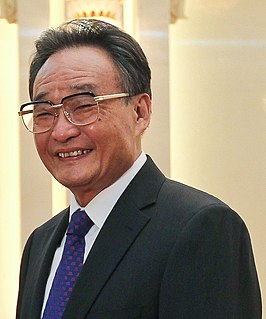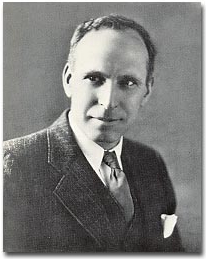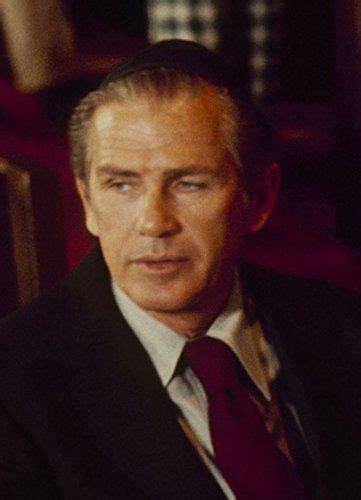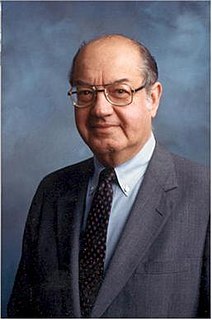A Quote by Wu Bangguo
No legislative, administrative or judicial activity in the Hong Kong SAR is allowed to contradict the Basic Law, let alone to go against the Basic Law.
Quote Topics
Related Quotes
The constitution is either a superior paramount law, unchangeable by ordinary means, or it is on a level with ordinary legislative acts, alterable when the legislature shall please to alter it. It is emphatically the province and duty of the judicial department to say what the law is. This is the very essence of judicial duty.
Dubai was brilliant, they looked around the world. They saw Hong Kong, Singapore, New York, Chicago, Sydney, London all ran British common law. British common law is much better for commerce than is French common law or sharia law. So they took 110 acres of Dubai soil, put British common law with a British judge in charge, and they went from an empty piece of soil to the 16th most powerful financial center in [the] world in eight years.
History has shown that there are very few mechanisms as effective at maintaining the status quo as a set of institutionalized regulations. Once set in regulatory concrete, reconsideration of the basic underlying assumptions is very difficult. While it will be an uphill fight to re-examine the basic underlying assumptions of any law or administrative rule, it is clearly not impossible. It will just take longer than if not so well institutionalized.
We are deeply concerned about the situation in Russia with regards to human rights. There are several examples of this situation, such as the new law requiring NGOs to register as "foreign agents", the law banning homosexual "propaganda", problems with the rule of law and arbitrary judicial processes, and court rulings against the opposition.
Much of the Constitution is remarkably simple and straightforward - certainly as compared to the convoluted reasoning of judges and law professors discussing what is called 'Constitutional law,' much of which has no basis in that document....The real question [for judicial nominees] is whether that nominee will follow the law or succumb to the lure of 'a living constitution,' 'evolving standards' and other lofty words meaning judicial power to reshape the law to suit their own personal preferences.
































